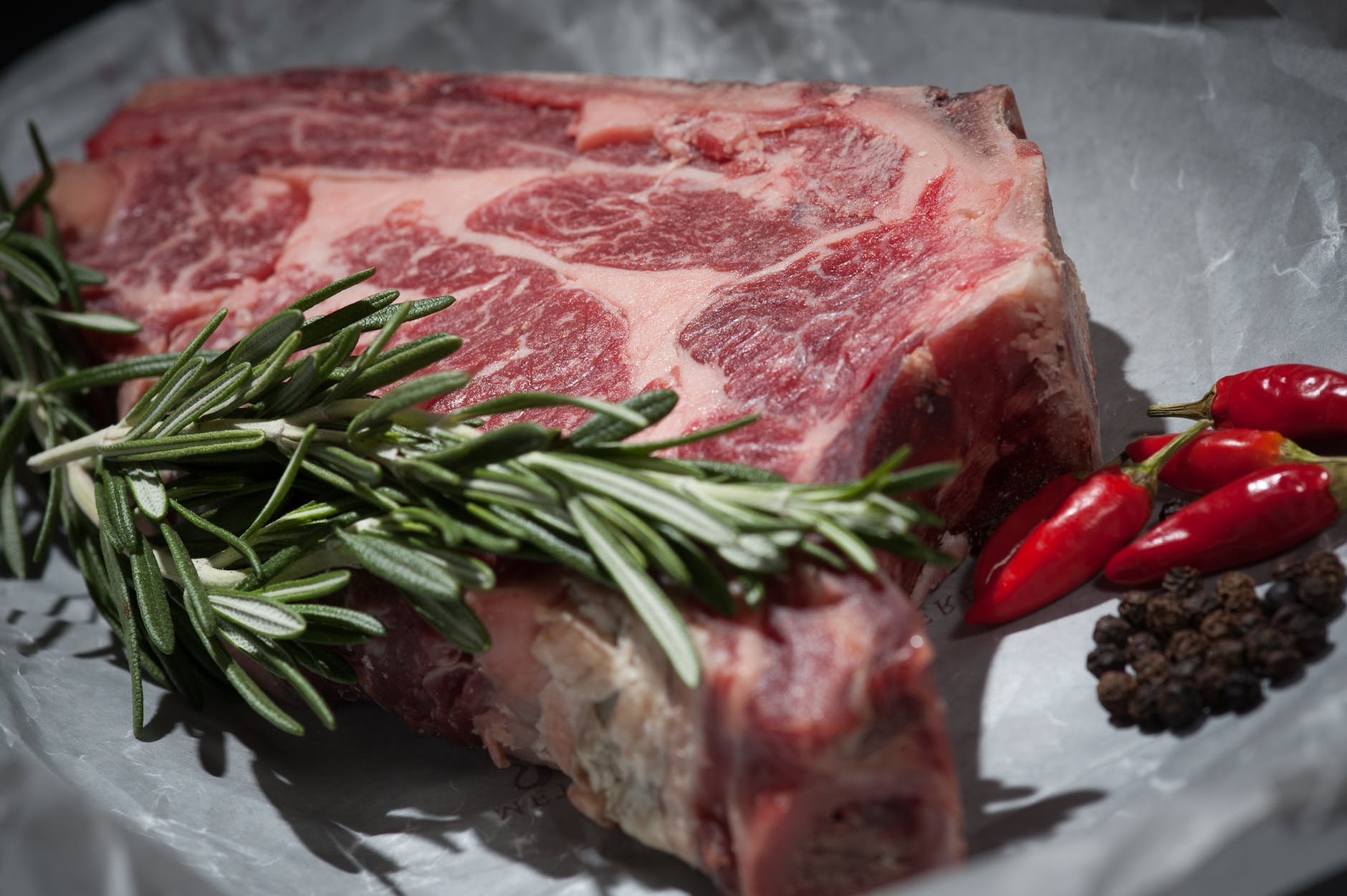
The carnivore diet, focusing solely on animal products, raises questions about bone health. Key nutrients like calcium and vitamin D, crucial for bones, are scarce in this diet. Can it truly support our skeletal system?
Experts offer mixed views. Amber O’Hearn’s review points out potential benefits and pitfalls of excluding plant-based sources, highlighting concerns about mineral status essential for bones. The Harvard Carnivore Diet Study, with global participation including Australians, doesn’t directly tackle bone health but shows significant interest in the diet’s broader health impacts
This brings us to ponder: can a diet consisting solely of meat provide all that is necessary for the maintenance of robust bones?
The Role of Calcium and Vitamin D
“Calcium’s paramount importance to bone health is well-documented, acting as the primary building block for bone formation and maintenance,” say osteopaths from Blackwood Osteopathy. Vitamin D, on the other hand, facilitates the absorption of calcium, making it equally crucial.
While certain types of fish, a component of some meat-only diets, offer vitamin D, the absence of a reliable calcium source is a glaring deficiency. The body’s potential response to this imbalance—drawing calcium from bones to maintain blood levels—can compromise bone integrity over time.
Moreover, the meat-only diet overlooks the synergy between calcium, vitamin D, and other bone-beneficial nutrients found in plant-based foods, such as magnesium and potassium. The exclusion of these nutrients from one’s diet underscores the challenge of relying solely on meat for bone health.
Protein’s Double-Edged Sword
High dietary protein, primarily sourced from meat, is a hallmark of the carnivore diet. Protein supports muscle health and, indirectly, bone health by providing the necessary building blocks for bone tissue.
However, the relationship between protein intake and bone health is complex. Excessive protein, particularly from animal sources, can increase the body’s acid load, potentially leading to calcium leaching from bones to neutralize the acidity. This process, known as the acid-ash hypothesis, suggests a potential risk to bone health from a high-meat diet, although scientific opinions vary.
It’s crucial, then, to balance protein intake with foods that mitigate acidity, typically fruits and vegetables, which are absent in a meat-only diet. This imbalance can disrupt the delicate acid-base homeostasis in the body.
The Impact of Nutrient Absorption
The carnivore diet’s focus on meat raises questions about its impact on nutrient absorption, especially concerning minerals crucial for bone health. Nutrients like calcium and vitamin D are pivotal, yet their bioavailability from meat alone is a subject of debate.
The diet’s high protein content is said to enhance the absorption of certain minerals, suggesting that a meat-centric approach could potentially meet the body’s needs, albeit with careful planning to prevent deficiencies.
However, the absence of dietary fiber in a meat-only diet poses a significant concern regarding gut health. Fiber plays a crucial role in the digestive process, affecting the microbiome and the absorption of nutrients.
The lack of fiber may lead to decreased efficiency in nutrient absorption, indirectly impacting bone health by compromising the availability of essential minerals required for bone density and strength.
The Importance of Dietary Diversity
The essence of good nutrition lies in diversity. A varied diet ensures the intake of a wide spectrum of nutrients essential for bone health, including those not found in meat.
Fruits, vegetables, dairy, and whole grains contribute essential vitamins, minerals, and antioxidants that support bone density, reduce inflammation, and promote overall health.
Likewise, incorporating supplements like grass-fed whey protein can help bridge the gap, providing high-quality protein and other essential nutrients.
The exclusion of these food groups in a meat-only diet can result in nutritional gaps, underscoring the importance of incorporating a variety of foods to meet the body’s needs.
The benefits of dietary diversity extend beyond nutrient provision; they also include enhancing gut health through fiber intake, which is linked to reduced inflammation and improved nutrient absorption.
Conclusion
While the simplicity of a meat-only diet may appeal to those seeking nutritional straightforwardness, it falls short in supporting the multifaceted needs of bone health. A meat-only diet poses challenges for bone health due to its narrow nutritional profile, strategic supplementation and lifestyle choices can mitigate some risks.
The absence of critical nutrients such as calcium and vitamin D, along with the potential risks associated with high dietary protein and a lack of dietary diversity, highlight the importance of a balanced diet.
For optimal bone health, embracing a variety of nutrient-rich foods from both animal and plant sources is not just beneficial—it’s essential. In the journey towards a healthy skeletal system, diversity, balance, and moderation in diet are key principles to follow.